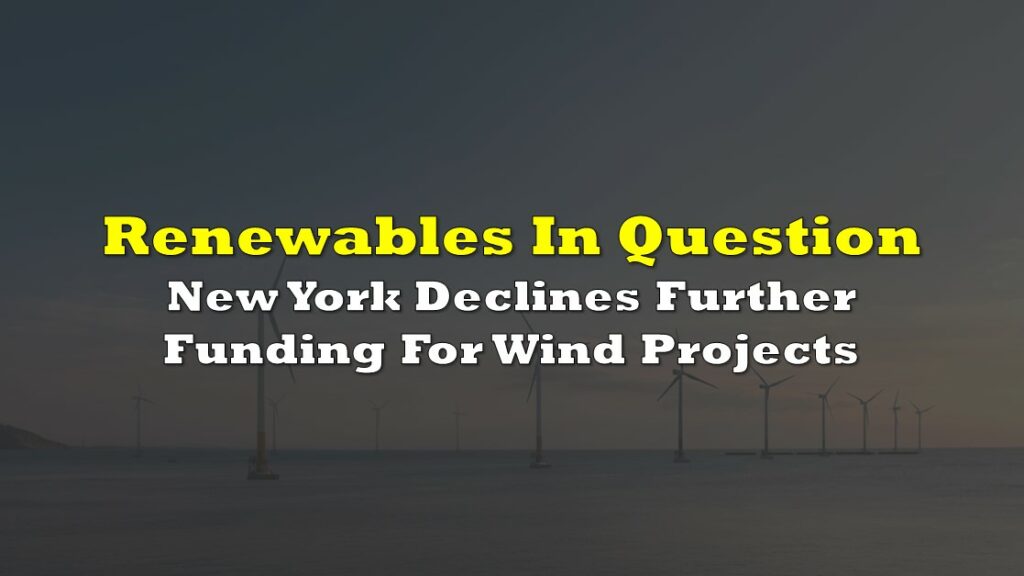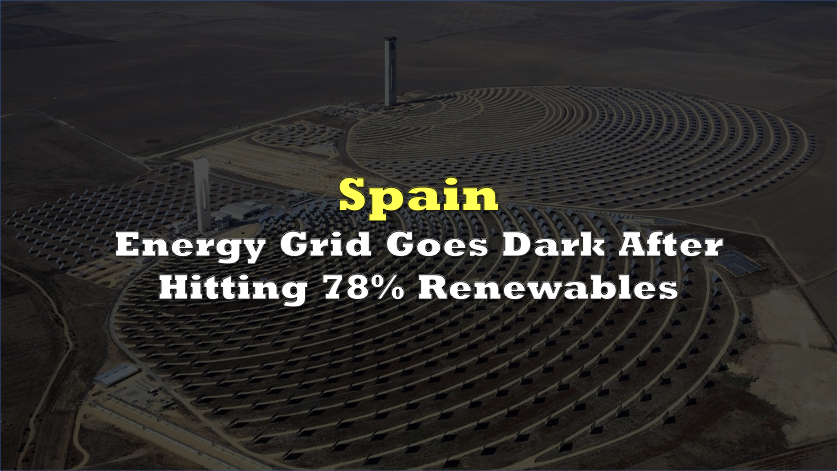Carbon dioxide emissions from global electricity production soared well above pre-Covid-19 levels in first six months of the year, underscoring attempts to achieve a green recovery in a post-pandemic world.
As an increasing number of countries around the world ramp up their commitments to cut back on carbon dioxide emissions and transition to electricity, their ambitions are turning out to be rather counterproductive. According to research published by UK-based environmental think-tank Ember, greenhouse gas emissions in the first half of 2021 were 5% higher compared to the same period in 2019, as electricity production from coal was sent surging to meet growing utilities demand.
The report found that 61% of global electricity was produced using fossil fuels in 2020. In fact, five major G-20 countries are still deriving their electricity supply from fossil fuels, including Saudi Arabia with 100%, South Africa with 89%, Indonesia with 83%, and Mexico and Australia both sitting at 75%.

On the other hand, though, solar accounted for over 10% of global electricity production for the first time ever, even outpacing nuclear power, while coal generation declined by a record 4% in 2020. However, the transition out of coal-generated power— which accounts for approximately 30% of the world’s carbon dioxide emissions, is occurring at too slow of a pace to avoid a major climate change catastrophe.
“Progress is nowhere near fast enough. Despite coal’s record drop during the pandemic, it still fell short of what is needed,” said Ember analyst Dave Jones, adding that coal power usage must fall by at least 80% before the end of the decade in order to avert reaching global warming of 1.5 degrees Celsius. “We need to build enough clean electricity to simultaneously replace coal and electrify the global economy.”
Information for this briefing was found via Ender. The author has no securities or affiliations related to this organization. Not a recommendation to buy or sell. Always do additional research and consult a professional before purchasing a security. The author holds no licenses.









